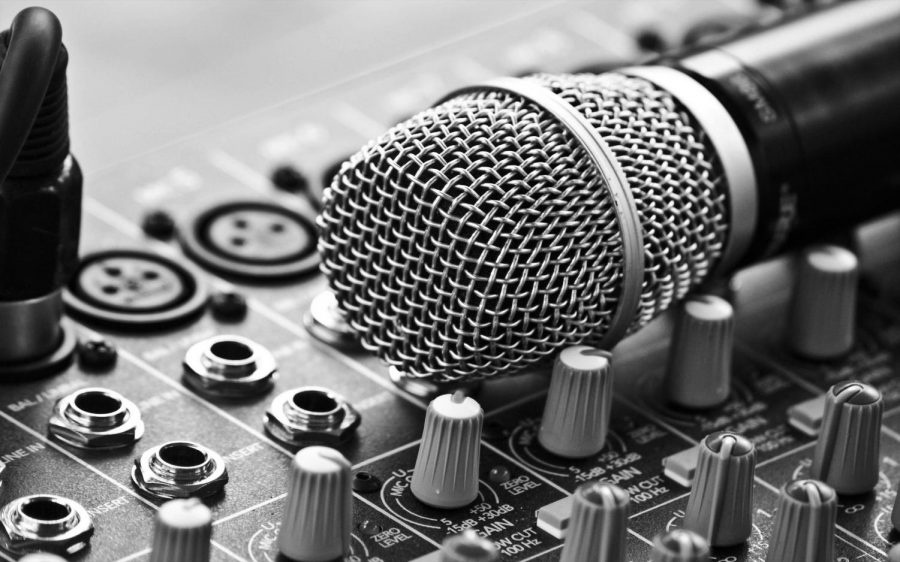Music Industry Disruption: Why Timing Matters Now

Every era of music has had its breaking point. Vinyl gave way to radio. MTV reshaped what it meant to be an artist. iTunes changed distribution. Streaming redefined access. Each shift didn’t just change how music sounded — it reshaped the business itself.
Today, the industry stands at another turning point. The sheer volume of music has created a paradox. More songs than ever hit streaming platforms, but fewer break through. Spotify reports that creators upload over 100,000 tracks every day (Spotify Loud & Clear). Algorithms push what’s already popular, burying new voices. Labels chase viral metrics and replace the artistry of A&R with dashboards and data points.
This cycle leaves countless brilliant songs unheard. The industry doesn’t lack music — it lacks discovery.
A Broken Discovery Model
Music discovery once drove the industry forward. DJs, MTV countdowns, and A&R scouts introduced fans to new artists. Today, algorithms and social virality dominate discovery. The system moves quickly, but without depth. Songs that don’t fit the mold — even great ones — fall through the cracks.
This breakdown in discovery creates the exact conditions for disruption. MIDiA Research notes that “discovery has become the bottleneck in the streaming era” (MIDiA Research).
The Problem With Data-Only Thinking
To manage the tidal wave of content, the industry turned to data. Labels rely on streams, shares, and likes to decide which artists deserve attention. Data can track past behavior, but it can’t predict the next cultural shift. It can’t measure community, longevity, or emotional impact.
Algorithms reward what already works. They don’t take chances on the unknown. As a result, the industry stagnates. It optimizes for what exists, not for what could come next.
Why A&R Collapsed
For decades, A&R (Artist & Repertoire) fueled the music business. Scouts discovered raw talent, nurtured it, and brought it to audiences. A&R focused on shaping culture, not chasing numbers.
That role has almost disappeared. Labels no longer send scouts to smoky clubs or garage studios. Instead, they notice artists only after those artists go viral. At that point, labels aren’t discovering talent — they’re buying into a trend.
The collapse of A&R didn’t erase the need for discovery. It left a vacuum waiting to be filled.
Lessons From Music History
History shows that the winners in music see change early. The labels that embraced MTV thrived. The companies that leaned into digital distribution captured entire markets. Streaming giants like Spotify didn’t just survive disruption — they became the disruption.
The IFPI Global Music Report highlights how every major disruption in the past 50 years created winners and left behind those who refused to adapt (IFPI). The future favors those who anticipate change, not those who resist it.
The Perfect Timing
Look at the trends: the rise of independent artists, the collapse of A&R, fan frustration with discovery, and the rapid spread of AI. Together, they point to one conclusion. The timing for music industry disruption has never been better.
We live in a rare kind of moment. The old system has collapsed under its own weight. The next system hasn’t taken shape yet. The opportunity belongs to those who step in and build it.
What Comes Next
This blog series will explore the key forces shaping that opportunity:
- The Death of A&R and What Comes Next
- Why Algorithms Fail Artists
- How Decades of Music History Point to Change
- The Perfect Timing for Music Industry Disruption
Discovery isn’t dead. It waits to be rebuilt.


